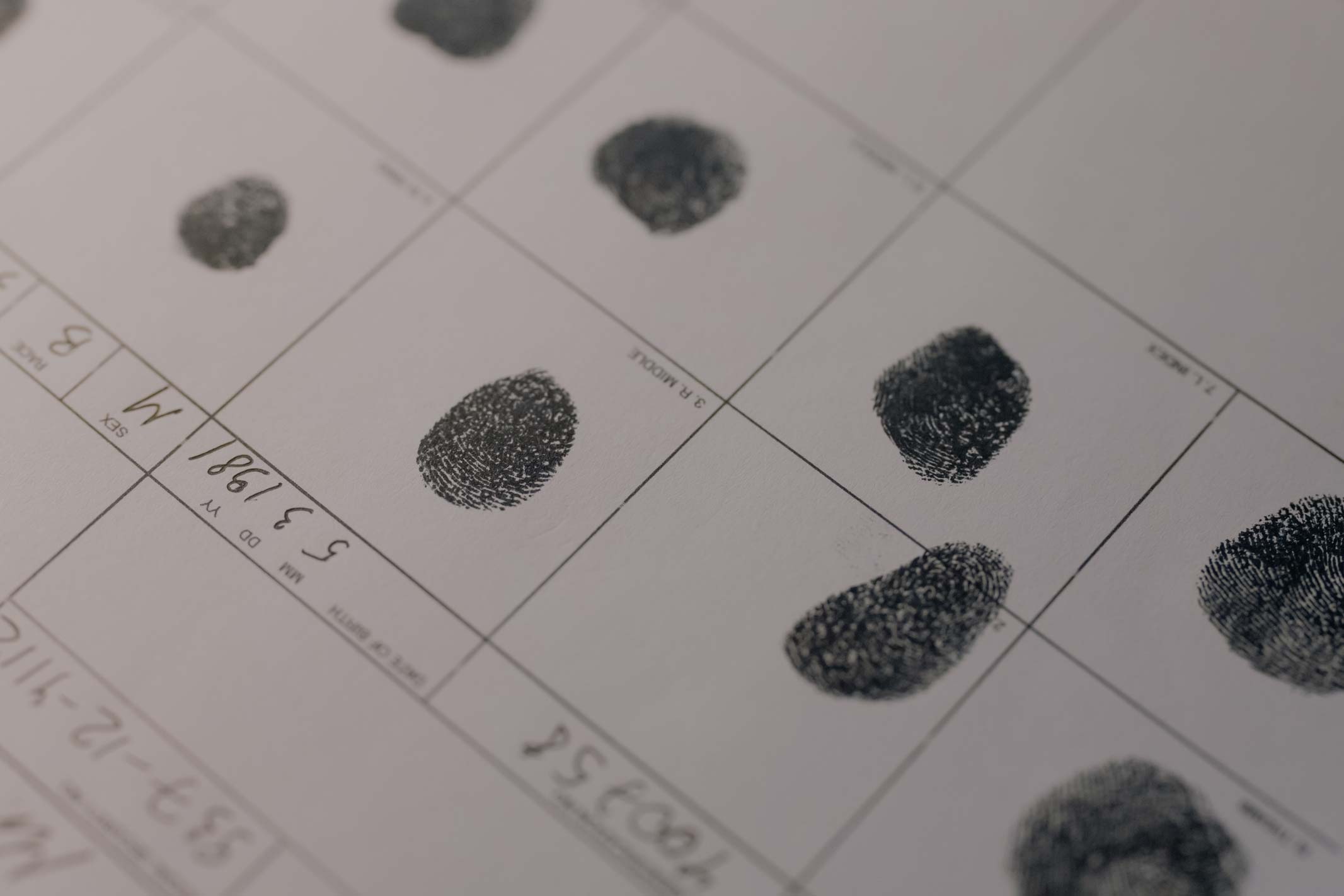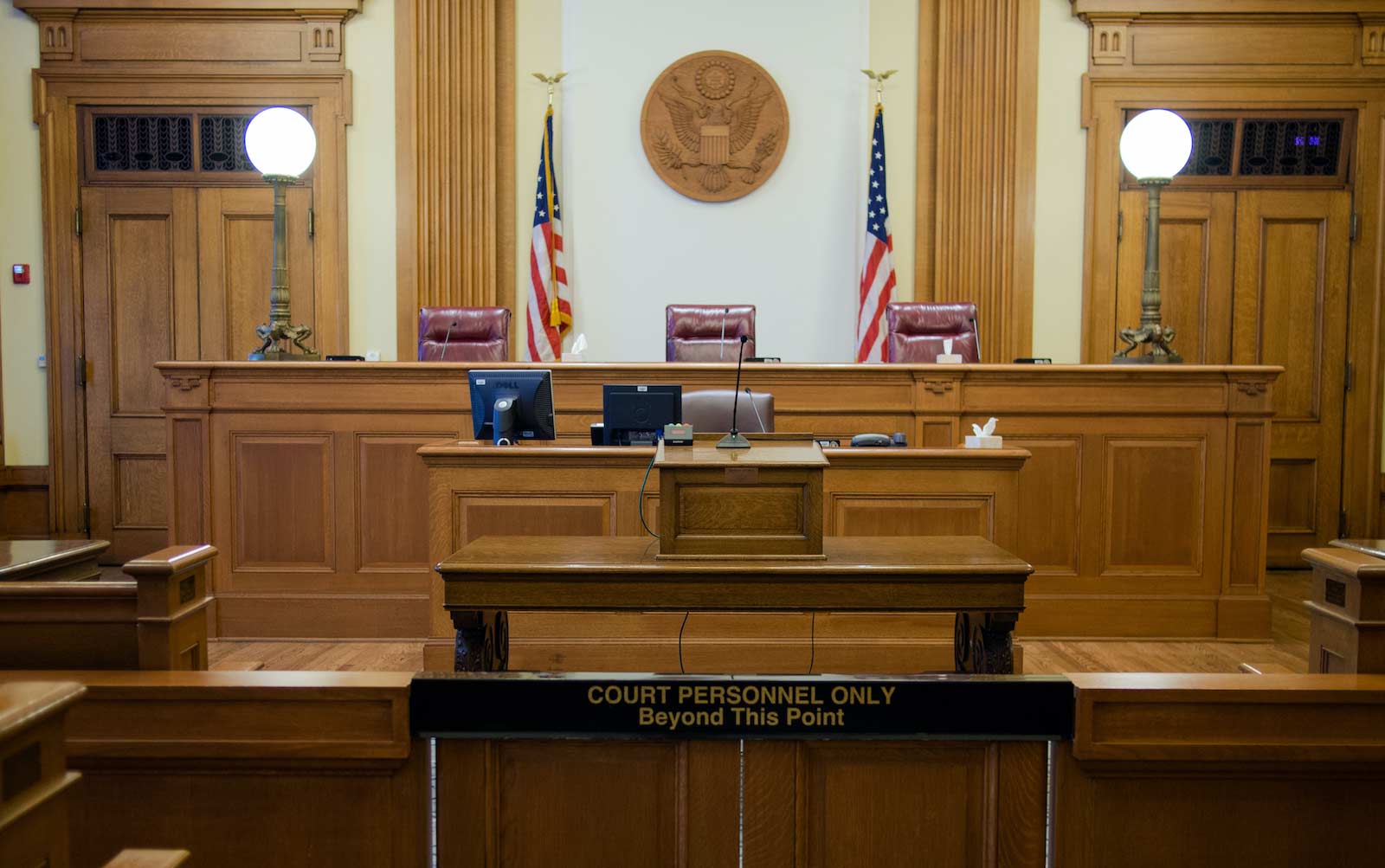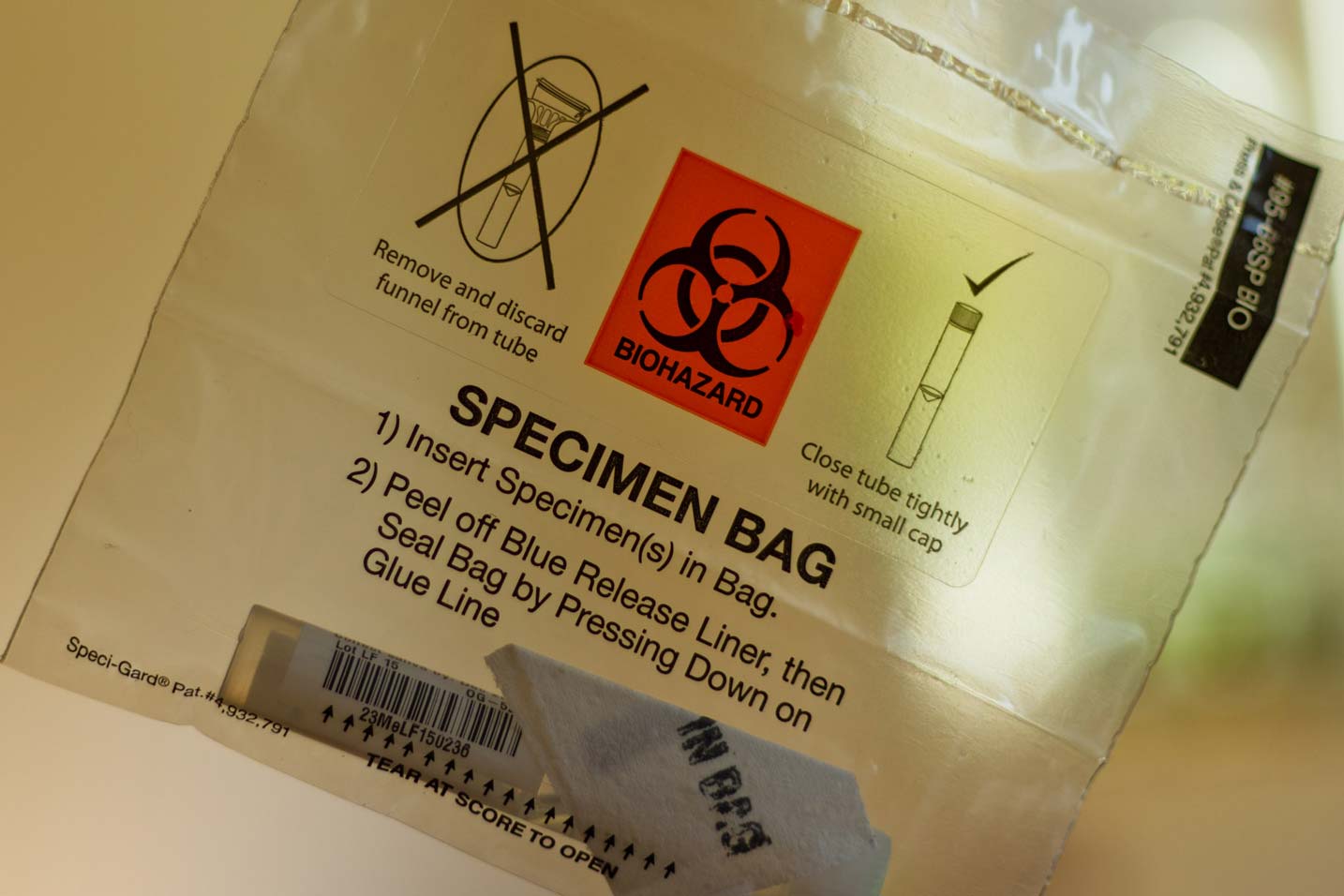
The Innocence Project reassessed standards for the use of science in criminal legal systems. We pushed judges, forensic experts, and prosecutors to interrogate supposedly scientific evidence for scientific reliability and validity. And we have advocated for further consideration of the justice and equity implications of new technologies.

The Innocence Project pressed on with its efforts to get the courts to look at scientific evidence and technologies more closely. (Image: Karen Neoh/Flickr)

The Maryland law is the first of its kind in the country that prevents the misuse of genetic information gathered from testing kits, like this one provided by 23andMe. (Image: Pelle Sten/Flickr)
Regulating Emerging Technologies
The Innocence Project helped pass a Maryland law that regulates the use of non-suspect DNA from public sources, like 23andMe, in criminal investigations. Through litigation, and consistent with the core scientific tenet of transparency, we also pushed for an independent evaluation of an unproven proprietary DNA mixture interpretation software program cited by prosecutors in a criminal case.
Guiding the Admissibility of Evidence
We successfully litigated cases in New York, New Jersey, and Pennsylvania that reinterpreted existing frameworks to empower courts to not only appropriately scrutinize emerging technologies, but also reject previously accepted forensic techniques that lack sufficient scientific foundations. In West Virginia, we worked to allow people to seek relief from their convictions when science has evolved. And in Georgia, we joined advocates to challenge the state’s evidentiary rules, which privilege the rights of civil litigants over those of criminal defendants.

In New York, the organization urged the state’s appellate court to take a deeper look at two cases that involved the interpretation of a rule for the admissibility of scientific evidence. (Image: Daniel Case/Wikimedia Commons)

In cases involving purported evidence from cadaver dogs, the Innocence Project maintained that the evidence is fundamentally unreliable. (Image: Marisa Teruel/Unsplash)
Challenging Unreliable Techniques
The Innocence Project continued its longstanding practice of challenging unsubstantiated science — including bite mark evidence, dental age estimation, tool mark evidence, and so-called findings of cadaver dogs — and educating the public on these discredited types of forensic evidence. We contributed to the development of standards for the practice of forensic science in key areas such as DNA analysis, fingerprinting, hair microscopy, canine scent tracking, and dental age estimation.











